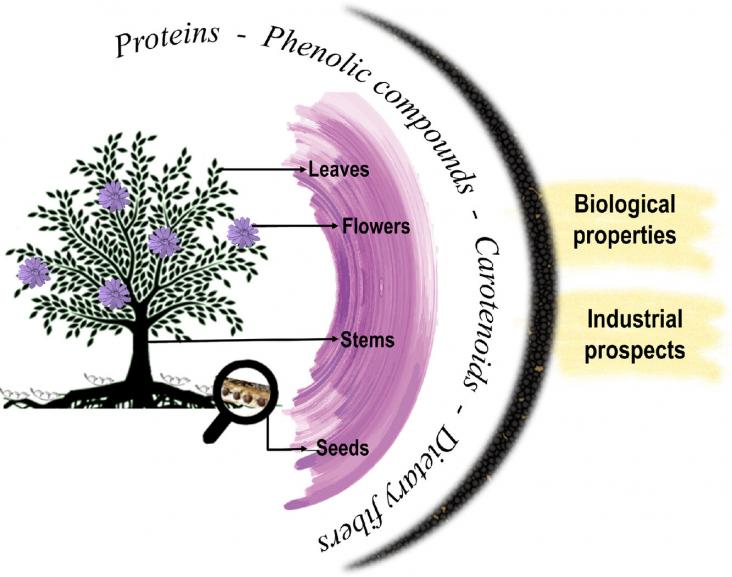Globally, about 18 million new cases of cancer are diagnosed each year1 and 450 million people (equally composed of both sexes) suffer from severe mental illnesses (SMI). A significant subgroup of patients with cancer and SMI are disadvantaged in terms of screening for distress and psycho-oncological care.
Elsevier,
Clinical Decision Support for Pharmacogenomic Precision Medicine: Foundations and Implementation, 2022, Pages 85-106
This chapter advances the UN SDG Goal 3: Good Health and Goal 10: Reduced Inequalities by bringing attention to the inequity in access to pharmacogenomic implementation efforts and how CDS can address this issues.
A Health Policy paper on the health impacts of banned pesticides in the Yaqui population in Mexico, in the context of SDGs 3, 10, and 12, highlighting recommendations for system-level solutions and policy change to current US, UN, and global laws.
Wheat is a major staple food in many diets worldwide. Authors identify a rapid and robust method for identifying fungi-infected damage to wheat crops, with the aim of reducing economic losses and hunger.
Plant-based meat substitutes are products used to replace meat in the human diet.
This article ties to SDG 3. This review aimed to systematically summarise the quantitative literature on the relationship between employment and health and wellbeing for refugees and asylum seekers.

Innovative food products containing new ingredients have been designed to meet nutritional needs and new consumption trends.
The present study conducted a systematic literature review on the related effects, mechanisms of vulnerability, and adaptive responses and coping strategies to climate change related mental health impacts specific to global Indigenous Peoples.
This Article supports SDG 3 by assessing the safety, tolerability, pharmacokinetics, and anti-fibrotic effects of PRI-724 in patients with cirrhosis due to hepatitis B virus and hepatitis B virus, for which there is currently no anti-fibrotic drug therapy available; PRI-724 was well tolerated but further evaluation of its anti-fibrotic effects is warranted.
This systematic review aims to identify articles that systematically reviewed measures of ADL for children and adolescents aged 7–18 years with DD to evaluate the quality of included articles, and describe the measures and domains identified.
